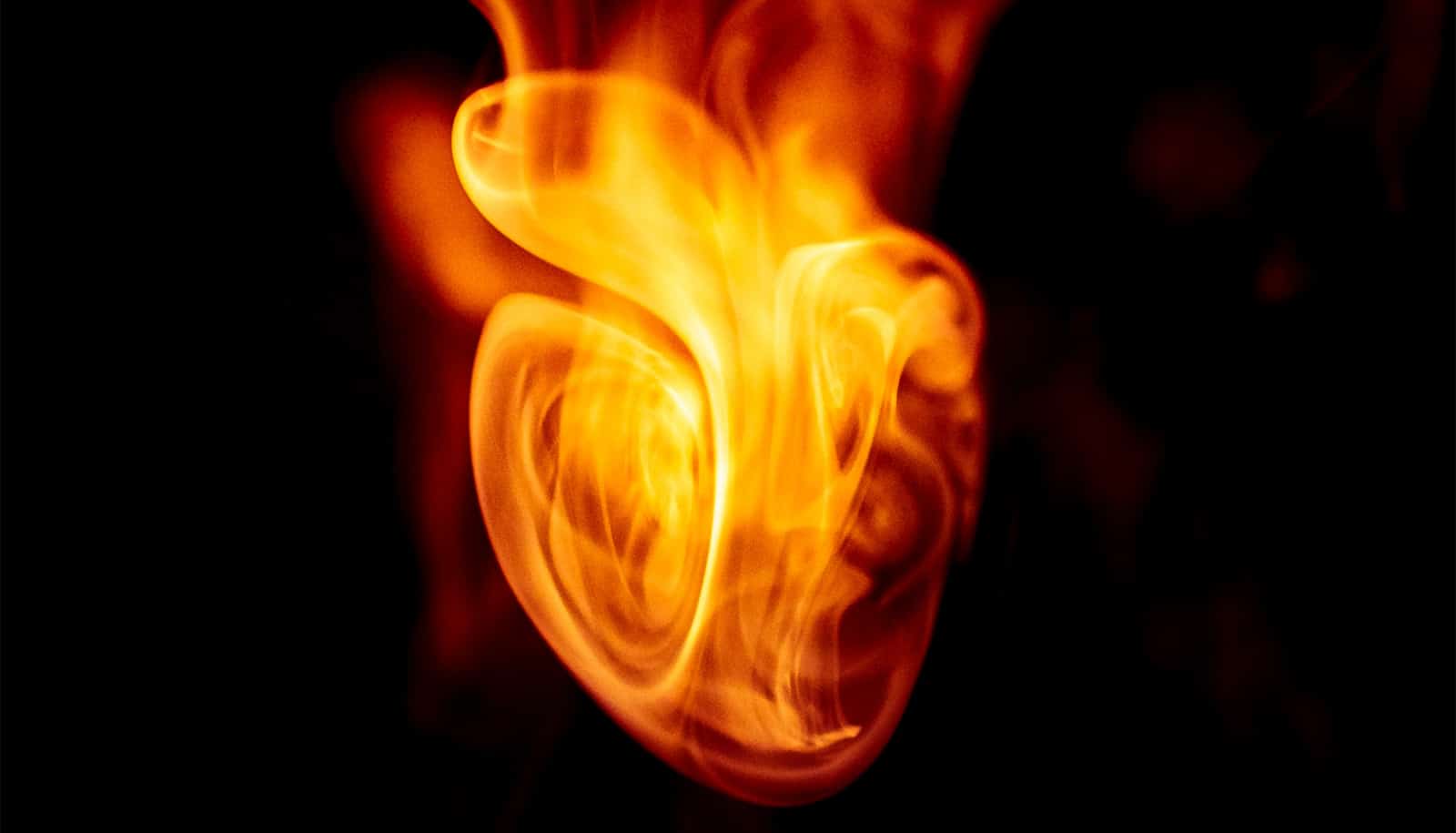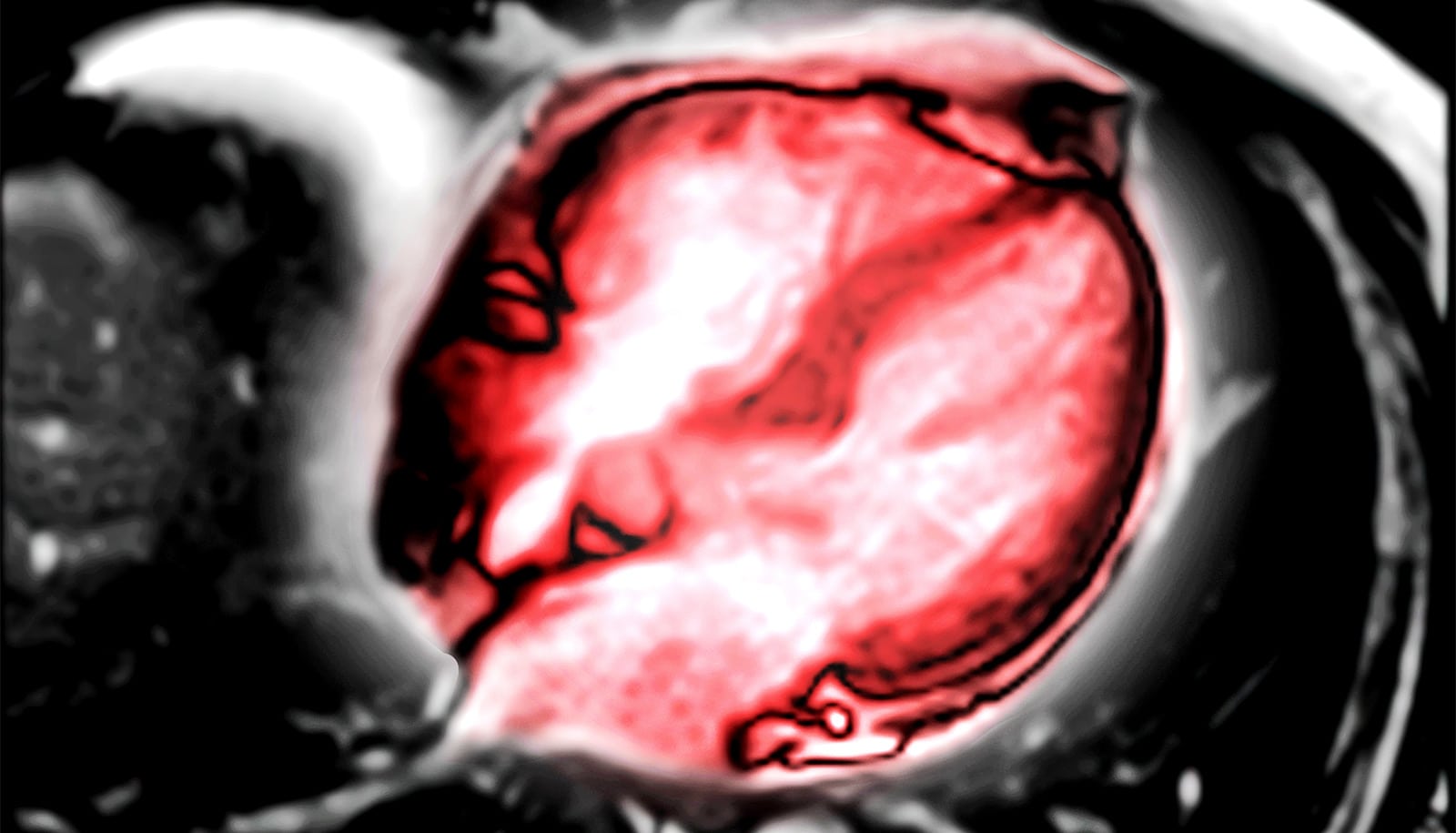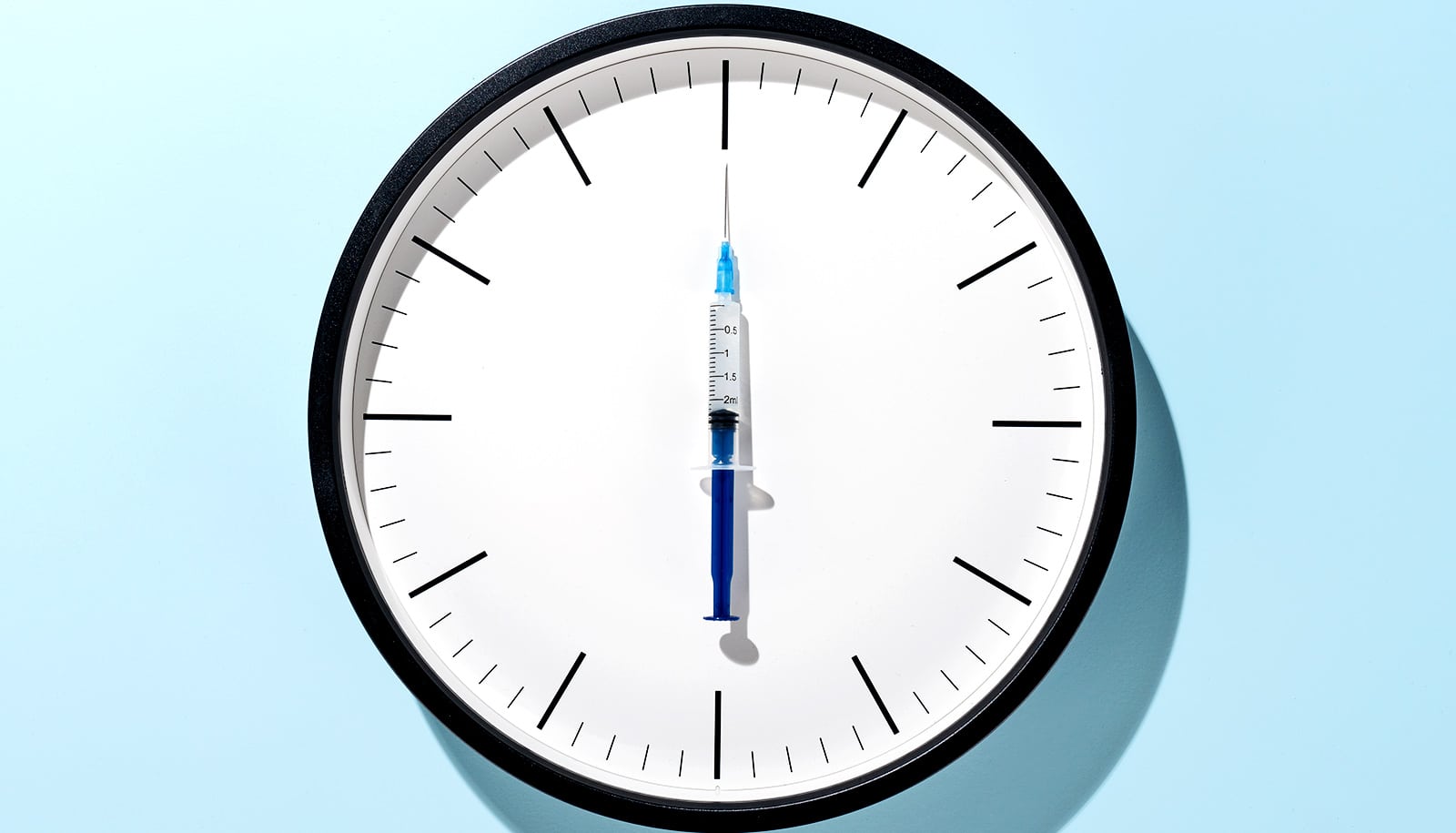Researchers have identified the immune signature of rare cases of myocarditis, a heart muscle inflammation, among people who received an mRNA COVID-19 vaccine.
When new COVID-19 vaccines were first administered two years ago, public health officials found an increase in cases of myocarditis, an inflammation of the heart muscle, particularly among young males who had been vaccinated with mRNA vaccines. It was unclear, however, what exactly was causing this reaction.
The new findings, published in the journal Science Immunology, rule out some of the theorized causes of the heart inflammation and suggest potential ways to further reduce the incidence of a still rare side effect of vaccination, the authors say.
Myocarditis is a generally mild inflammation of heart tissue which can cause scarring but is usually resolved within days. The increased incidence of myocarditis during vaccination was seen primarily in males in their teens or early 20s, who had been vaccinated with mRNA vaccines, which are designed to elicit immune responses specifically to the SARS-CoV-2 virus.
According to the Centers for Disease Control and Prevention (CDC), among males aged 12 to 17, about 22 to 36 per 100,000 experienced myocarditis within 21 days after receiving a second vaccine dose. Among unvaccinated males in this age group, the incidence of myocarditis was 50.1 to 64.9 cases per 100,000 after infection with the COVID-19 virus.
For the new study, the researchers, led by Carrie Lucas, associate professor of immunobiology, Akiko Iwasaki, professor of immunobiology, and Inci Yildirim, associate professor of pediatrics and epidemiology, conducted a detailed analysis of immune system responses in those rare cases of myocarditis among vaccinated individuals.
They found that the heart inflammation was not caused by antibodies created by the vaccine, but rather by a more generalized response involving immune cells and inflammation.
“The immune systems of these individuals get a little too revved up and over-produce cytokine and cellular responses,” Lucas says.
Earlier research had suggested that increasing the time between vaccination shots from four to eight weeks may reduce risk of developing myocarditis.
Lucas notes that, according to CDC findings, the risk of myocarditis is significantly greater in unvaccinated individuals who contract the COVID-19 virus than in those who receive vaccines. She emphasizes that vaccination offers the best protection from COVID-19-related disease.
“I hope this new knowledge will enable further optimizing mRNA vaccines, which, in addition to offering clear health benefits during the pandemic, have a tremendous potential to save lives across numerous future applications,” says Anis Barmada, an MD/PhD student at Yale School of Medicine.
Source: Yale University



